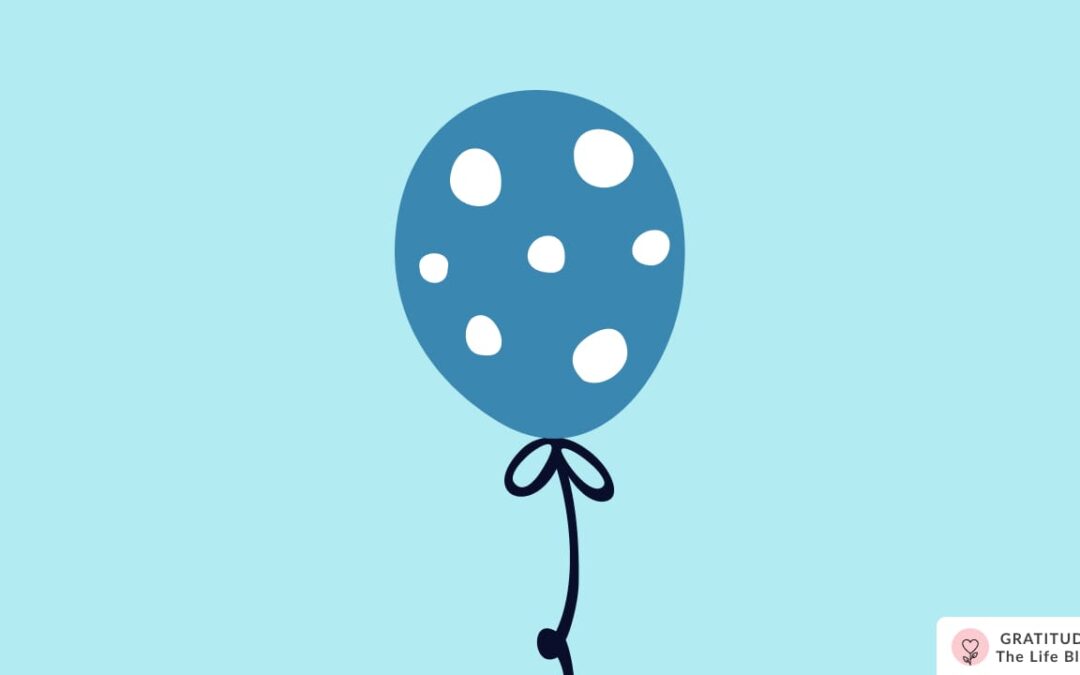In my experience with depression, I would compare the mental state to a sudden onslaught of rolling, dark clouds and thunder — with a downpour of thick, heavy rain. This storm sharply contrasts the sky that was, only moments before, a beautiful blue full of bright, shining sun. The dichotomy of those two skies feels very real, yet it’s almost impossible to pinpoint exactly when the change occurs.
I describe it this way because depression, for me, has always been like that — extreme, confusing, and difficult to trace back to an origin. It can arrive out of nowhere, even in the best times of my life. When I’m in a major depressive episode, it often consumes my entire existence, making me forget everything that happened before or anything that could come after. That’s why depression is so difficult: you can get stuck in that full-blown storm and not remember that only moments ago the sky was blue — and that it will be blue again.
I’ve spent many years living like this — in the throes of depression and other mental illnesses, lost in them, only to forget their existence when they disappear. My life has been filled with pauses, ups and downs, successes and (mostly) failures.
In 2022, after many job losses, stressors, and struggles, I attempted suicide. I was almost successful, but a friend found me in time and got emergency care to me. I made it to the hospital and was hospitalized for 7 weeks. It’s hard to put into words how grateful I am to this person — my friend Michael — and to everyone who contributed to saving my life.
That was the moment my perspective truly began to shift. A major part of my intensive outpatient therapy focused on gratitude. When I returned home from the hospital, I placed my gratitude list on my mirror. Sometimes, after everything explodes and you’ve hit rock bottom, you have to start small and slow again.
That looks like waking up and naming what you’re grateful for today.
That looks like speaking to neighbors and strangers just to ensure you have human connection — which I believe is one of the most powerful antidotes to depression.
These may seem like small things, but they’ve made a huge impact on my life. My brain now automatically asks, “What can I be grateful for in this situation?” instead of, “This situation is unbearable; I cannot handle this.”
I’m grateful every day that I am alive. I’m grateful for my friend Michael, who cared enough to save my life. And I’m grateful for the simple truth I’ve learned: there is always something to be grateful for in every single day.


Recent Comments